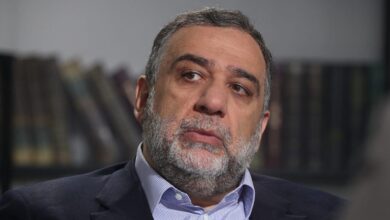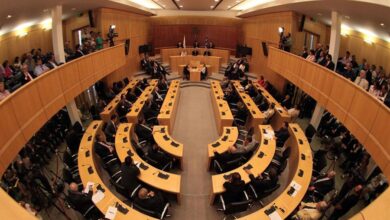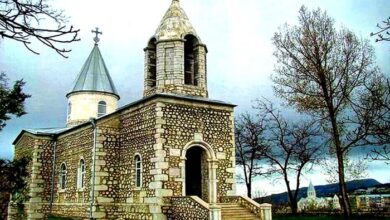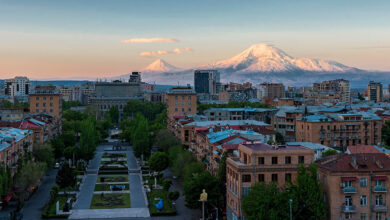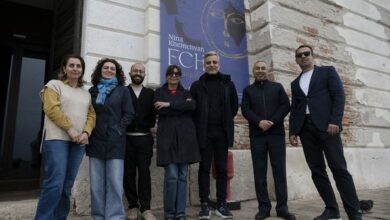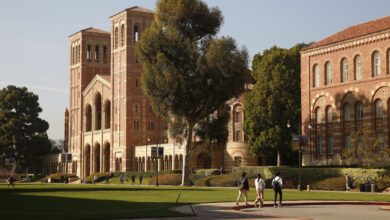BBC report examines life in Nagorno Karabakh
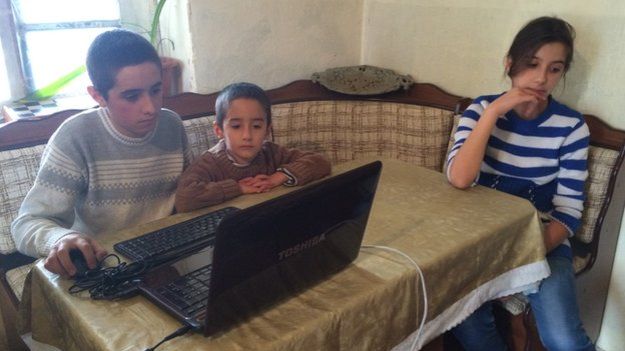
Amid fears that a “frozen conflict” is developing in eastern Ukraine the BBC‘s Rayhan Demytrie examines life in disputed Nagorno-Karabakh, scene of one of the former Soviet Union’s most protracted conflicts.
Fourteen-year-old Karen hides the stump of his left hand in his pocket. His siblings gather round as he looks at Facebook on the family laptop.
“I can’t forgive myself for what happened,” says his mother, Ludmila Bagdasaryan-Mirzoyan.
Two years ago Karen found a live anti-aircraft shell in the garden. After he started playing with it, the relic from the 1990s war with Azerbaijan exploded in his hands.
There are frequent shootings across the frontline. Each side blames the other for military casualties, which have risen sharply in recent months.
Ludmila says her children often hear gunfire or warning sirens.
“They wake up and ask me: ‘Mum has war started again?'” she says.
Internationally, Nagorno-Karabakh is considered part of Azerbaijan, but its Armenian inhabitants call themselves citizens of the Artsakh Republic and remain the sworn enemies of Azerbaijan.
The territory has its own flag, an international airport, police and armed forces, although regular Armenian soldiers serve on the frontline.
In reality, Nagorno-Karabakh is isolated. Financially and militarily it depends on Armenia. Its subjects hold Armenian passports. And the international airport stands empty, because Azerbaijan has threatened to shoot down any planes.
Frustrated by the lack of a diplomatic solution, Azerbaijan’s leadership has threatened to retake the territory militarily. Oil-rich Azerbaijan has spent billions of US dollars on modern weaponry.
the territory’s de facto foreign minister, Karen Mirzoyan, says that without their inclusion in the peace process, there will be no resolution to the conflict.
“When you withdraw NK from the negotiation table, it’s very easy to say that it’s not a conflict for self-determination, it’s just a territorial problem and it’s very easy to show Armenia as an aggressor. But in reality this conflict is about self-determination.”
Ludmila often contemplates what the consequences of another war would be.
“If there is another war, we will suffer, my children will suffer,” she says.
“[Azerbaijan’s forces] won’t care whether we are guilty or not, they will just think that we are Armenians and we have no right to exist.”



